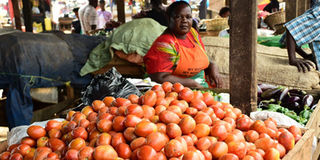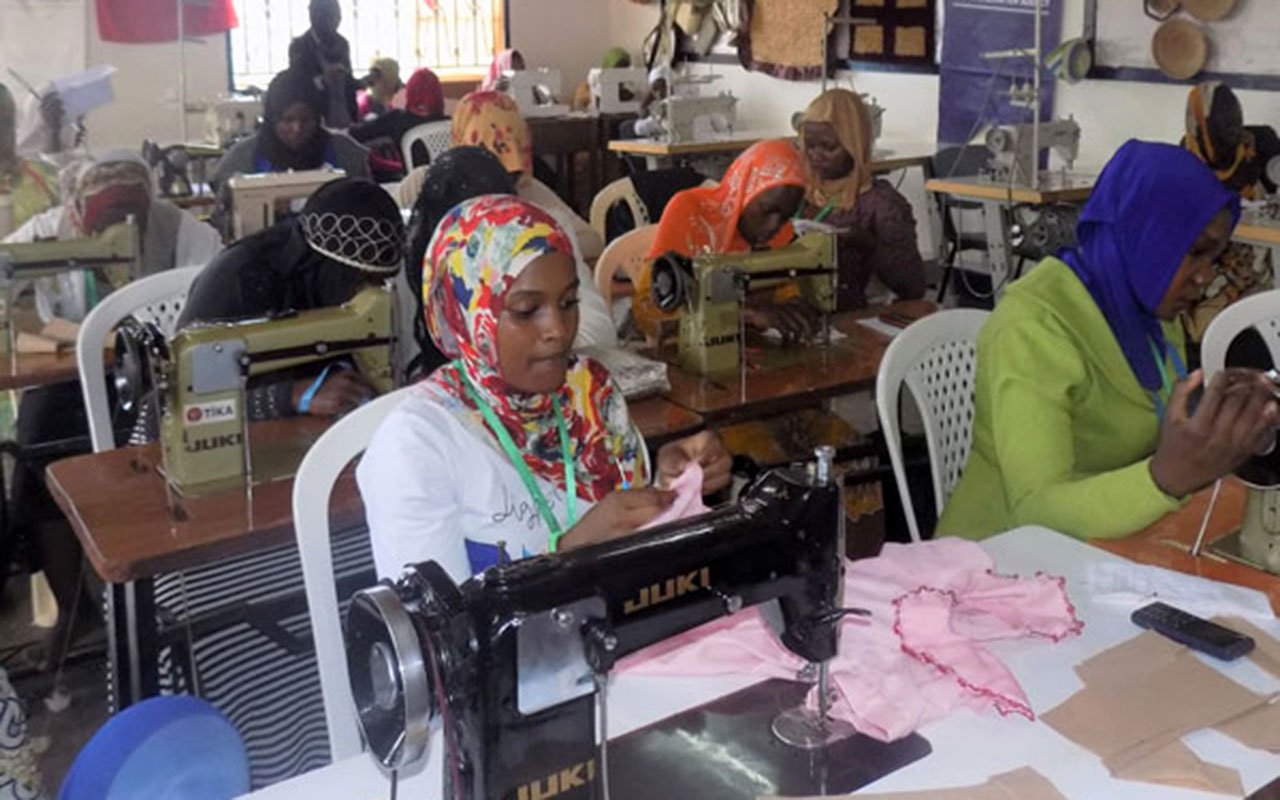Prime
Taxes in telecoms sector drive up inflation to 3.8 per cent

Prices of food stuffs, among others, are likely to be higher than anticipated due to the rising cost of living, which has been driven up by the introduction of new taxes in the telecoms sector. PHOTO BY EDGAR R BATTE
What you need to know:
- However, energy, fuels and utilities (EFU) annual inflation declined to 14.1 per cent for the year ending August compared to the 16.0 per cent recorded for the year ended July.
- Mr Musoke explained that the decrease was largely due to solid fuels that registered 23.4 per cent in August compared to 30.2 per cent in July.
Kampala. High costs in communication services have continued to drive up inflation, with annual headline inflation for the year ending August rising to 3.8 per cent.
This indicates a 0.7 per cent increase up from last month’s 3.1 per cent, which was also blamed on new taxes in the telecoms sector.
The increase means that Ugandans will be spending much more than last month for the same goods.
Household goods and services such as medical and transport are expected to be the most affected.
Data released by Uganda Bureau of Statistics (Ubos) at the weekend, indicated that annual headline inflation was largely driven up by an increase in communication inflation which rose to 12 per cent up from 5.4 per cent in July.
The increase, according to Dr Chris N Mukiza, the Ubos director for macroeconomics, was particularly occasioned by new tax measures imposed on mobile money, social media and the increase of Excise Duty in the telecommunications sector.
“Communication services have become a bit expensive. Internet, telephone and teller fax services have gone up by 16.3 per cent. We shall continue experiencing this high cost in communication services,” he said.
Other drivers, according to Ubos, included beef, whose index rose by 10 per cent.
Pork which rose by 3 per cent, sugar (8 per cent), coffee (3 per cent) and baby food (4 per cent), according to Mr Vicente Nsubuga Musoke, the Ubos principal price statistician, also contributed to the growth in inflation.
However, food inflation remained subdued in the period due to good weather conditions.
According to Dr Mukiza, annual food crops and related items inflation for the year ending August, increased slightly to -1.2 per cent compared to -2.0 per cent for the year ended July.
The increase, he said, was attributed to annual fruits inflation, which was registered at 2.3 per cent in August compared to -3.4 per cent in July.
“In addition, the annual vegetables inflation increased to -2.6 per cent for the year ended August compared to -2.8 per cent July,” he said.



